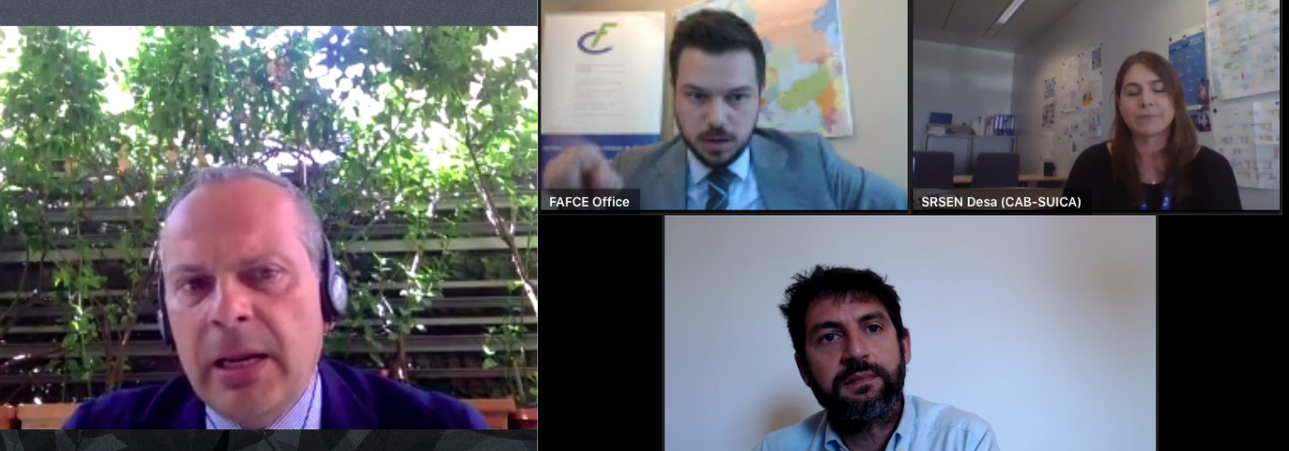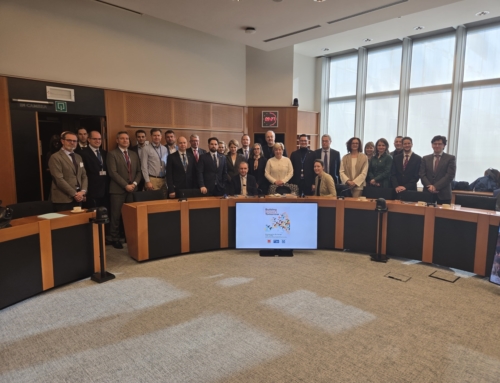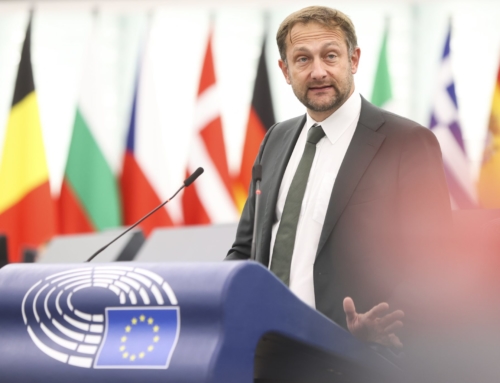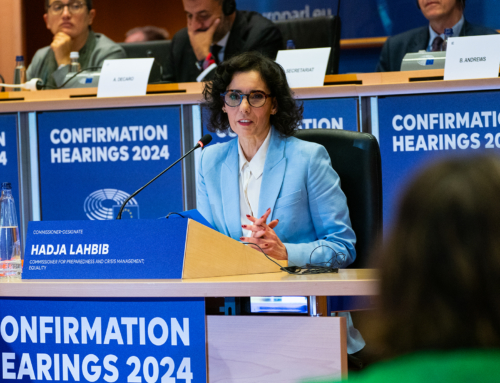Brussels, 26 June 2020
“Family Associations are not a lobby group, they are not a trade union, they are not only a consumers’ association; they are, first and foremost, the voice of the family, the first basic community, at the service of society at large”. These were the words of the FAFCE’s President, Vincenzo Bassi, opening the webinar on “Demographic Challenges and Sustainable Development. A new chapter for Family Policies in Europe?”. He continued, on this basis, by explaining the reasons behind this webinar, which “comes in an historical moment that is showing all of us that we cannot neglect the demographic challenges if we wish to build a sustainable future”.
Earlier this month, FAFCE highlighted how “the current pandemic has reminded to all of us that the rock of people’s lives is in the family”. In the same way, the Vice-President of the European Commission in charge of demography, Dubravka Šuica, has stated that “this crisis has exposed many vulnerabilities, some of which are linked to the profound demographic change already affecting our societies and communities across Europe”.
The FAFCE webinar, moderated by its Secretary General, Nicola Speranza, took place on this basis, at the end of the Semester of the Croatian Presidency of the Council of the EU, which has put the demographic challenges among its priorities. Marko Vidakušić, Coordinator of the Employment and Social Policy Team of the Permanent Representation of Croatia to the European Union, gave an overview of the actions taken by the Council of the EU during the last semester, particularly on the Council Conclusions on “Demographic challenges – the way ahead”, inviting Member States to “promote and emphasise adequate and coordinated policies that provide different kinds of financial and other support for families, in particular for those raising children…”.
At the same time, this webinar also took place one week after the publication of the long-awaited European Commission Report on the Impact of Demographic Change. Deša Srsen, Member of the Cabinet of the Vice-President for Demography and Democracy described the report and stressed that “this report is only a starting point, aiming at equipping ourselves to face the demographic change”.
MEP Marco Zullo, Co-Chair of the Intergroup on Demographic Challenges, Family-Life Balance and Youth Transitions welcomed the interest shown by the European institutions to the demographic issues and the family. “We now expect – he continued – that this interest will translate into concrete action, through the allocation of specific measures that go directly to European families. With the Demography Intergroup, we are ready to do our part in the European Parliament“.
MEP Karlo Ressler, Vice-Chair of the Intergroup on Demographic Challenges, Family-Life Balance and Youth Transitions underlined how “the COVID-19 pandemic increased negative demographic effects and has put additional burden on all groups of society, including families, which have proven again to be a fundamental shelter against poverty and social exclusion”. He also proposed concrete guidelines to face the demographic change, on the basis of the cohesion policy whilst always respecting the competence of Member States.
After the webinar, Vincenzo Bassi declared: “We should never forget that the EU has been built by communities and ultimately by families. We could see today that we have very positive interlocutors in the European Institutions, with the European Commission for the first time clearly working on the demographic challenges at its highest levels. We are glad to offer our contribution with serenity and frankness, in a spirit of service to the common good. We follow with interest the preparation of the Conference on the Future of Europe: there is no future without children and there are no children without families. It is urgent to re-establish the intergenerational balance in Europe. To do so, we need to build a new paradigm to put the family at the centre of long-term public policies in Europe”.







